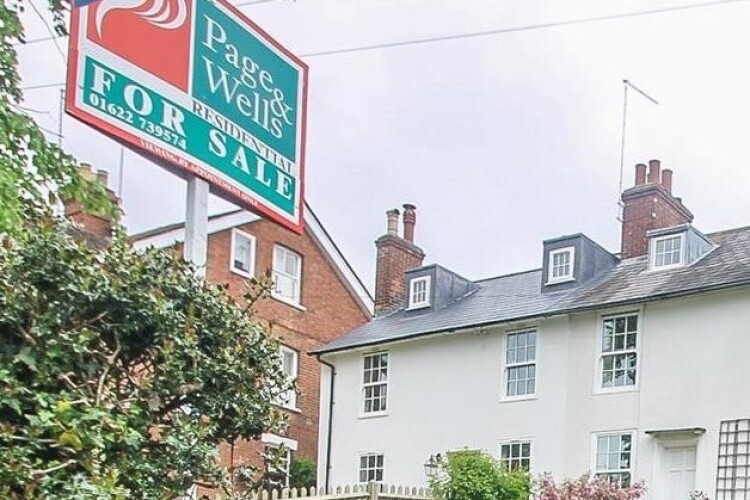Figures from the Nationwide Building Society this month showed house prices rising at their fastest pace in 16 years but the Centre for Economics and Business Research (CEBR) said that the increase was an anomaly, driven by emergency policy measures designed to give the market a boost.
The chancellor raised the threshold at which buyers pay stamp duty land tax (SDLT) from £125,000 to £500,000 in July as part of a package of measures to stimulate economic recovery. It will remain in place only until 31st March 2021.
Stamp duty is levied on house purchases in England and Northern Ireland; there are similar cuts to local property taxes in Wales and Scotland.
Nearly nine in ten transactions on a principal property attract no tax at all during the stamp duty holiday.
CEBR said that the generosity of the scheme, which the Treasury estimated would cost £3.8bn, lifted transaction levels today but would depress them next year when the stimulus wore off and the economy was grappling with higher unemployment. As a result, it predicts that house prices will tumble 14% in 2021.

For building companies, this market volatility in unwelcome.
Redrow executive chairman John Tutte said: “The impact of the SDLT holiday expiring in March to coincide with the changes to the Help to Buy scheme could disrupt a sustainable recovery. We would therefore urge government to consider taking steps to avoid a hiatus in the market, including a long-term reform of SDLT to free-up more cash for deposits at a time when the high loan to value mortgage market is constrained. The SDLT holiday is clearly demonstrating that cutting rates is a highly effective way to stimulate the entire housing market and help revitalise the wider economy.”
Not everyone agrees.
Jan Crosby, UK head of infrastructure, building and construction at KPMG, said: “The stamp duty holidays were not needed; instead the focus should be on shovel ready infrastructure projects, including hospital builds as well as key worker and affordable housing programmes facilitated with rapid modular builds.”
Got a story? Email news@theconstructionindex.co.uk



